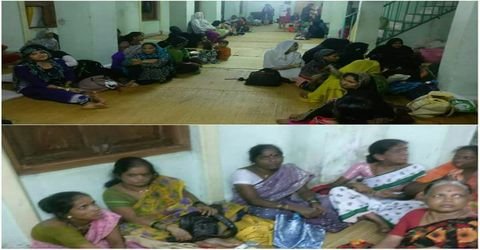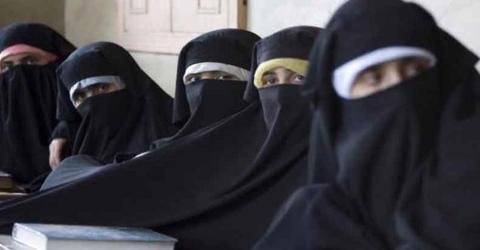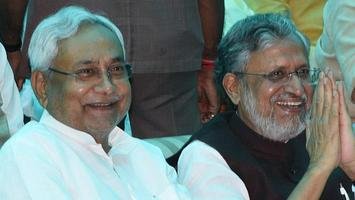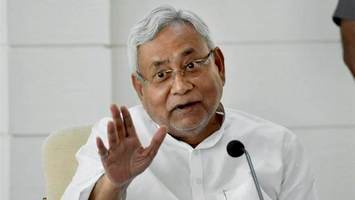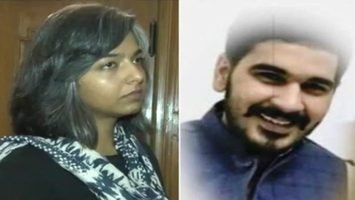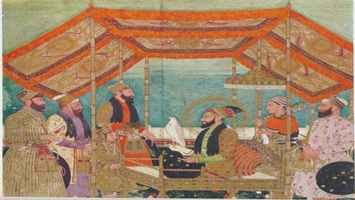UN inquiry finds Israel’s war on Gaza to be genocide
Sep 16, 2025
The United Nations Commission of Inquiry on the Occupied Palestinian Territory has released a landmark report on Israel’s actions in Gaza.
It found Israel committed four of five acts of genocide under the 1948 Convention, holding it responsible for carrying out genocide against Palestinians.
The report states:
Palestinians suffered torture, sexual violence, forced displacement, and cultural destruction.
Israel imposed a siege on Gaza, cutting off food, water, power, and medical aid, starving Palestinians and ignoring orders of the International Court of Justice.
Israel deliberately inflicted conditions to destroy Palestinians in Gaza, including reproductive violence.
Its attack on Gaza’s largest IVF clinic destroyed thousands of embryos, sperm, and eggs -- a measure to prevent births.
These are the same four crimes that the International Court of Justice ordered Israel to “take all measures to prevent” in January 2024.
Since that ruling, nearly 40,000 Palestinians have been killed.
Navi Pillay, chair of the UN Independent International Commission of Inquiry on the Occupied Palestinian Territory, announced the UN inquiry on Tuesday.




